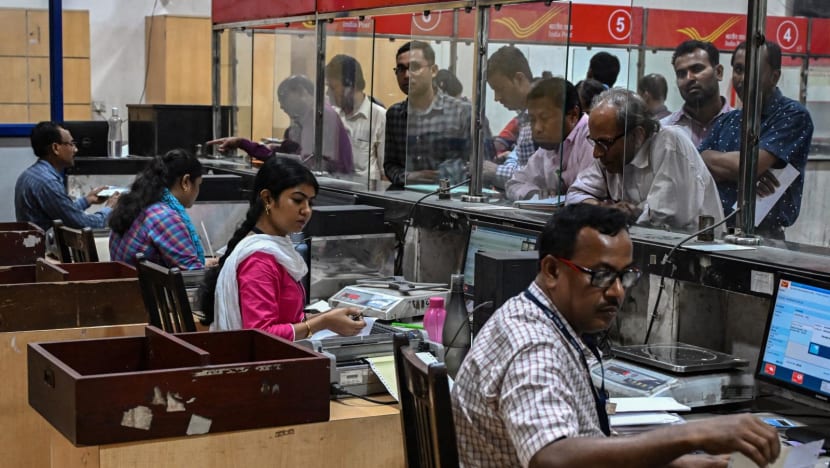

India is set to temporarily suspend postal deliveries to the United States starting Monday, August 25, 2025, due to confusion surrounding new tariff rules imposed by the U.S. government. This suspension will primarily affect parcels, while letters, documents, and gifts valued under $100 will continue to be accepted.
The decision stems from the Trump administration's announcement last month to scrap the global “de minimis” rule, which previously allowed goods under $800 to enter the U.S. with minimal paperwork. Effective August 29, 2025, all parcels entering the U.S., regardless of their value, will be subject to customs duties, except for small gifts under $100, as outlined in an executive order issued on July 30, 2025.
The core of the issue lies in the lack of clarity regarding the collection and remittance of these new customs duties. The U.S. order stipulates that airlines or other approved agencies must collect and pay these duties. However, the U.S. authorities have not yet provided clear guidelines on who these approved agencies will be or how the duty collection system will operate. This lack of a clear mechanism for duty collection has led airlines to express their inability to carry parcels to the U.S. after August 25, 2025.
According to L.K. Dash, the deputy director general of the Department of Posts (DoP), India Post was compelled to take action due to the absence of a system to collect and remit the duties. Without an agreement with any agency capable of accepting and collecting the duty, India Post faces significant logistical and financial challenges in ensuring compliance with the new regulations. The Ministry of Communications in India stated that all international postal items destined for the USA, regardless of their value, would be subject to customs duties under the International Emergency Economic Power Act (IEEPA) tariff framework.
This suspension of postal services highlights the broader trade frictions between India and the U.S. Recently, Washington imposed an additional 25% tariff on Indian goods in response to New Delhi's oil imports from Russia. These escalating trade tensions and tariff disputes are creating uncertainty and disruptions in international trade and logistics.
India is not the only country affected by these new U.S. tariff rules. Postal operators in Scandinavia, Austria, France, and Belgium have also reportedly paused parcel deliveries to the U.S. DHL also announced that Deutsche Post would cease sending standard business parcels to the U.S., joining other European postal groups in expressing concerns about the new customs duties on low-value packages.
The changes in U.S. trade policy are prompting businesses to adjust their strategies. Data indicates that U.S. imports from Asia rose modestly, nearly 4% above pre-Trump trends in May and June, suggesting that companies were rushing shipments ahead of the tariff hikes. However, the impact varies across different markets, with some countries showing clearer signs of early shipment surges than others.